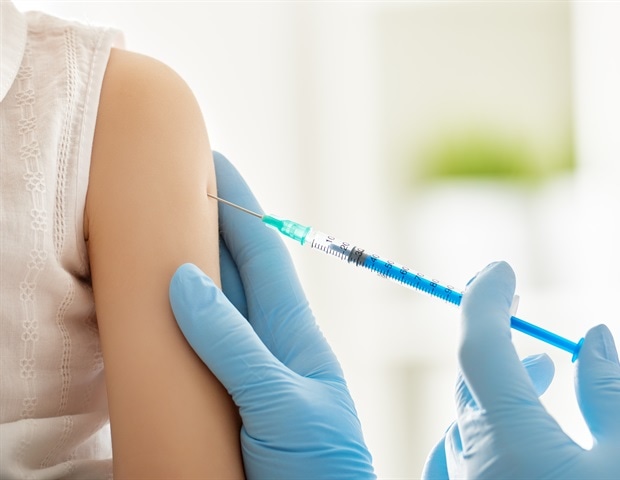The complex, multiple factors influencing COVID-19 vaccine hesitancy and skepticism among UK South Asian communities mean 'quick fix' solutions to increase uptake of the vaccines will be ineffective, according to new research published by JRSM Open.
The researchers, from Imperial College London and City University of London, interviewed patients and healthcare professionals to explore views among South Asians on the COVID-19 vaccine, including their decision-making on whether or not to vaccinate.
Before COVID-19, the relationship of all our participants with vaccines seems to have been easy and unproblematic. However, in the COVID-19 era, it was clear from the outset that their concerns and hesitancies were specific to these particular vaccines."
Dr Raj Chandok, Lead Author and GP, Southall, London
A key finding of the research was that a lack of trust operated on multiple levels in perpetuating vaccine hesitancy, with a lack of trust in healthcare authorities, Government and various media platforms present among most of the participants.
The researchers say that the overemphasis by commentators on the terms mis- and dis-information encourages either / or scenarios where people are set up in binary opposition; those who are consuming (correct) information and those who remain misinformed.
"This leaves very little space to entertain the idea that there might be individuals who are neither pro nor anti COVID-19 vaccines, but instead are questioning many of the so-called indisputable 'truths' – and therefore not just one truth such as the safety of COVID-19 vaccines," said Dr Chandok.
Any dialogue on COVID-19 vaccine hesitancy, they say, is incomplete without acknowledging the Rashomon Effect, a term used in film, science and law dealing with themes of fractured truths, subjective realities and unreliable sources which, arguably, characterize the postmodern world.
The researchers also say that the overemphasis on ethnicity can be stigmatizing. "It is worth considering the ways in which certain psychographics such as interests, attitudes and lifestyles might also contribute to vaccine hesitancy and skepticism among South Asian communities," added Dr Chandok.
Royal Society of Medicine
Chandok, R.S., et al. (2022) A qualitative study of factors influencing COVID-19 vaccine hesitancy among South Asians in London. Journal of the Royal Society of Medicine. doi.org/10.1177/20542704221123430.
Posted in: Medical Research News | Healthcare News
Tags: covid-19, Healthcare, Medicine, Research, Vaccine
Source: Read Full Article
